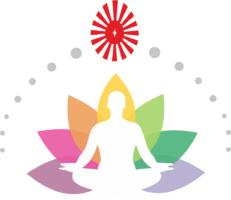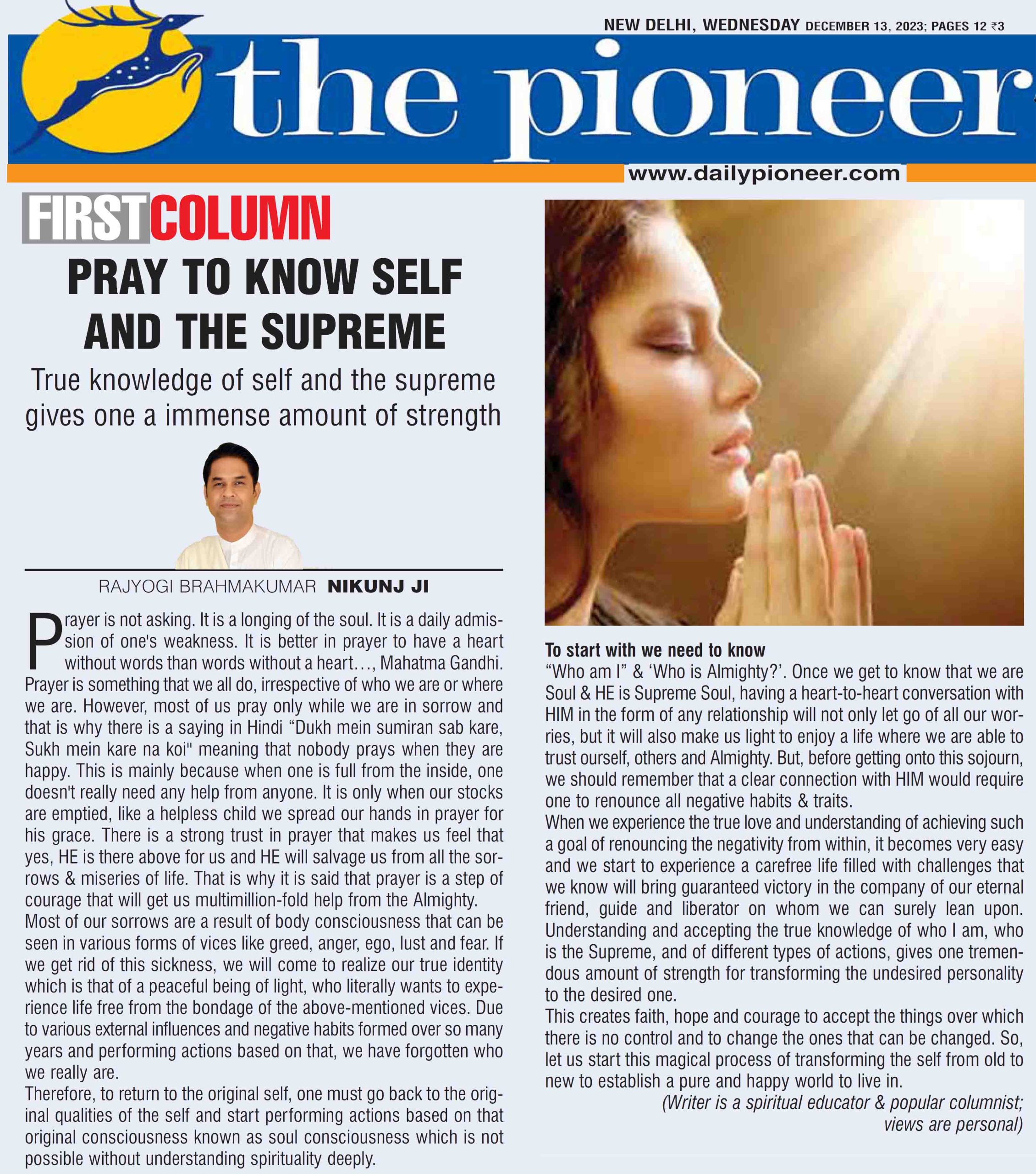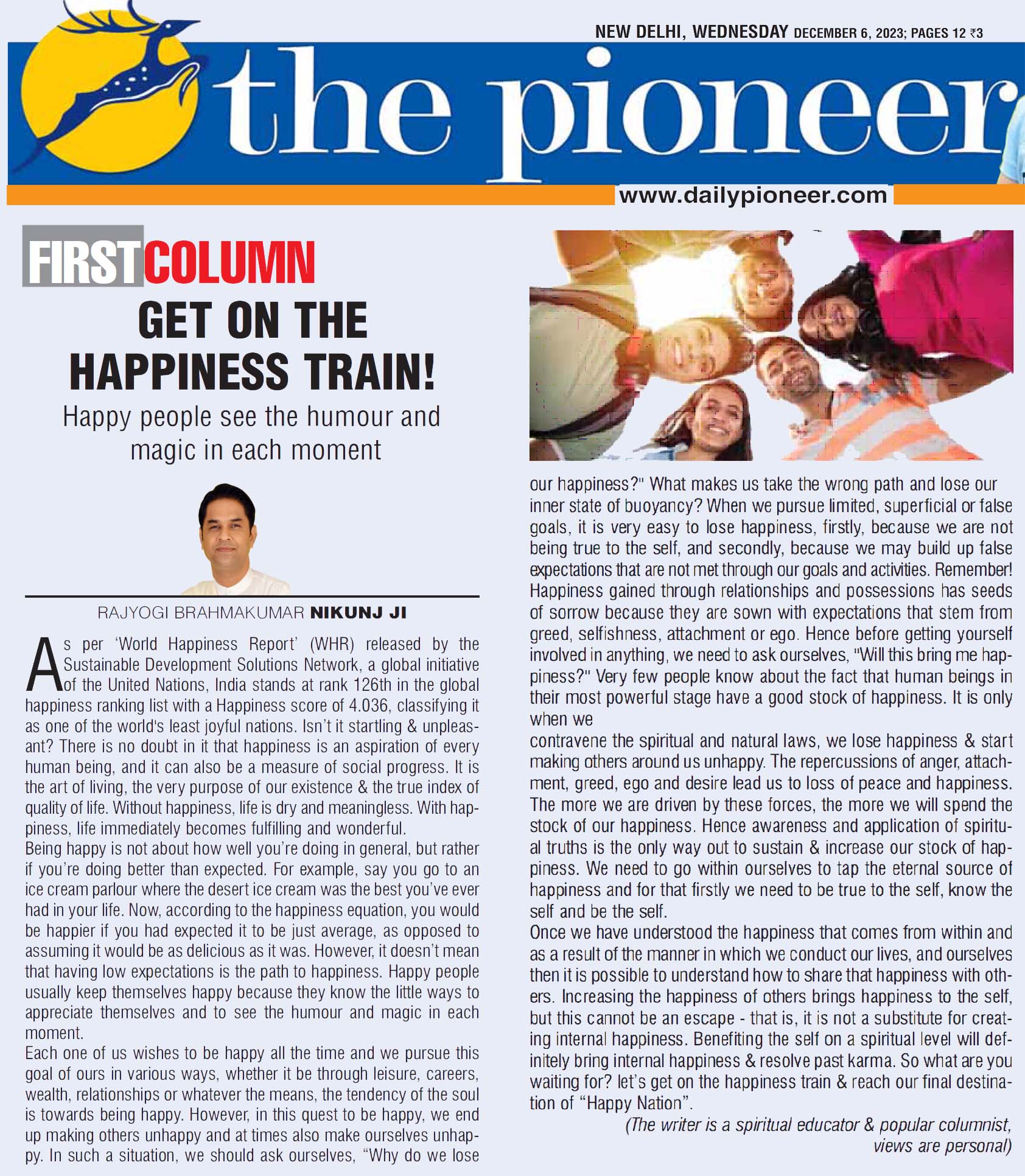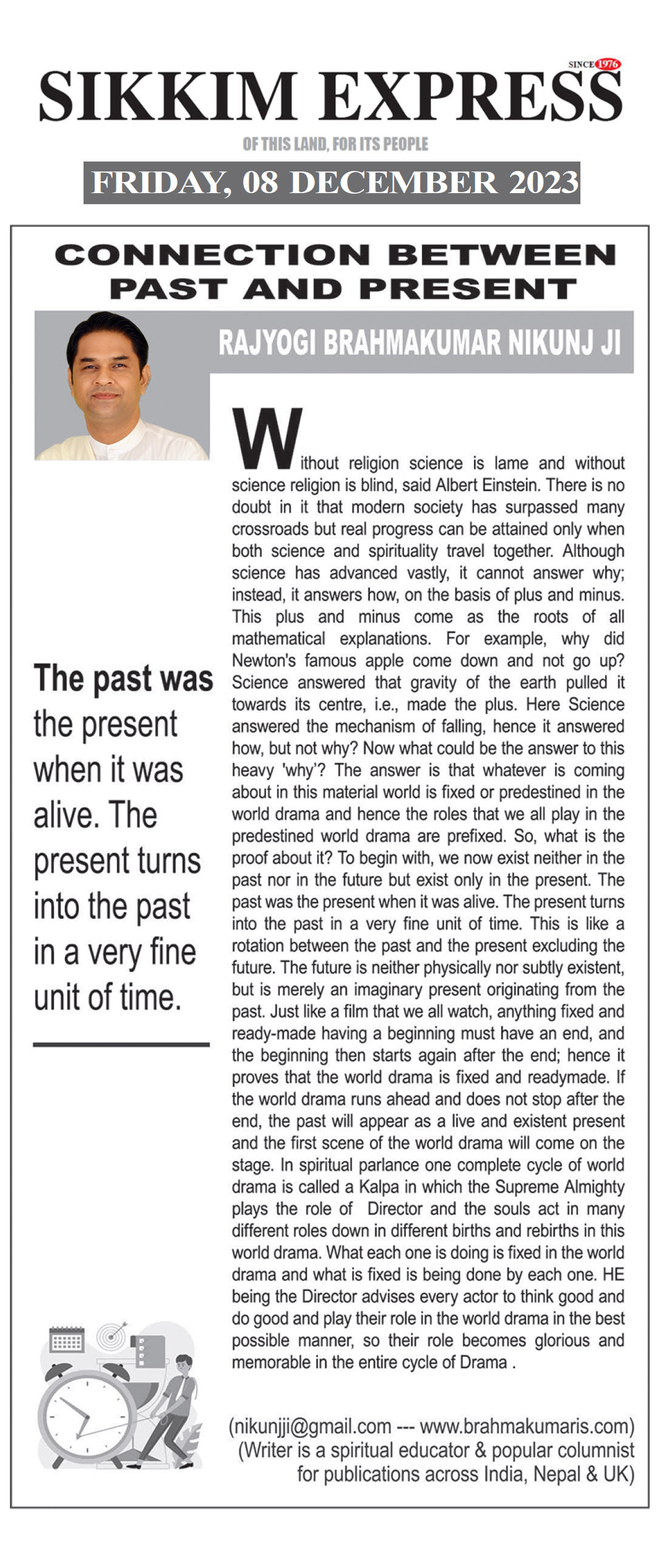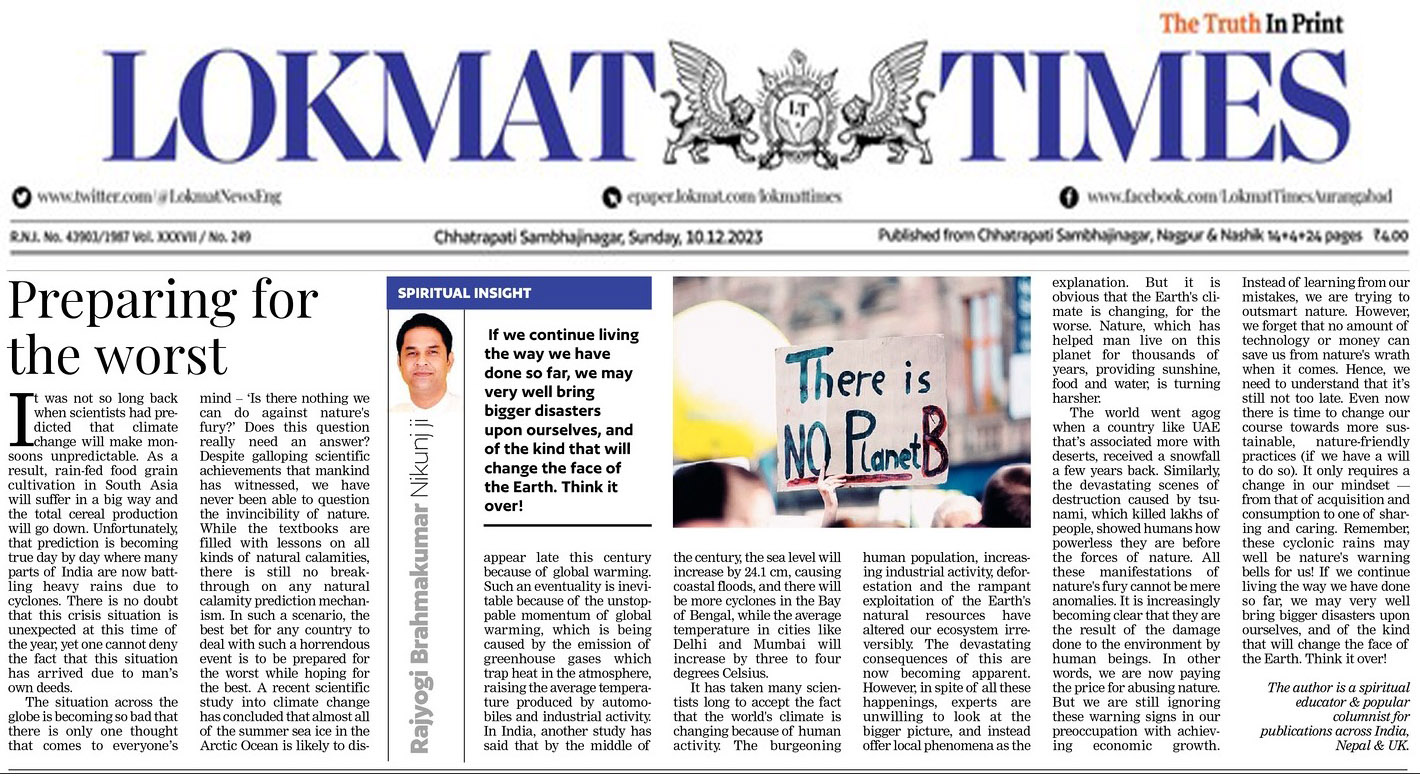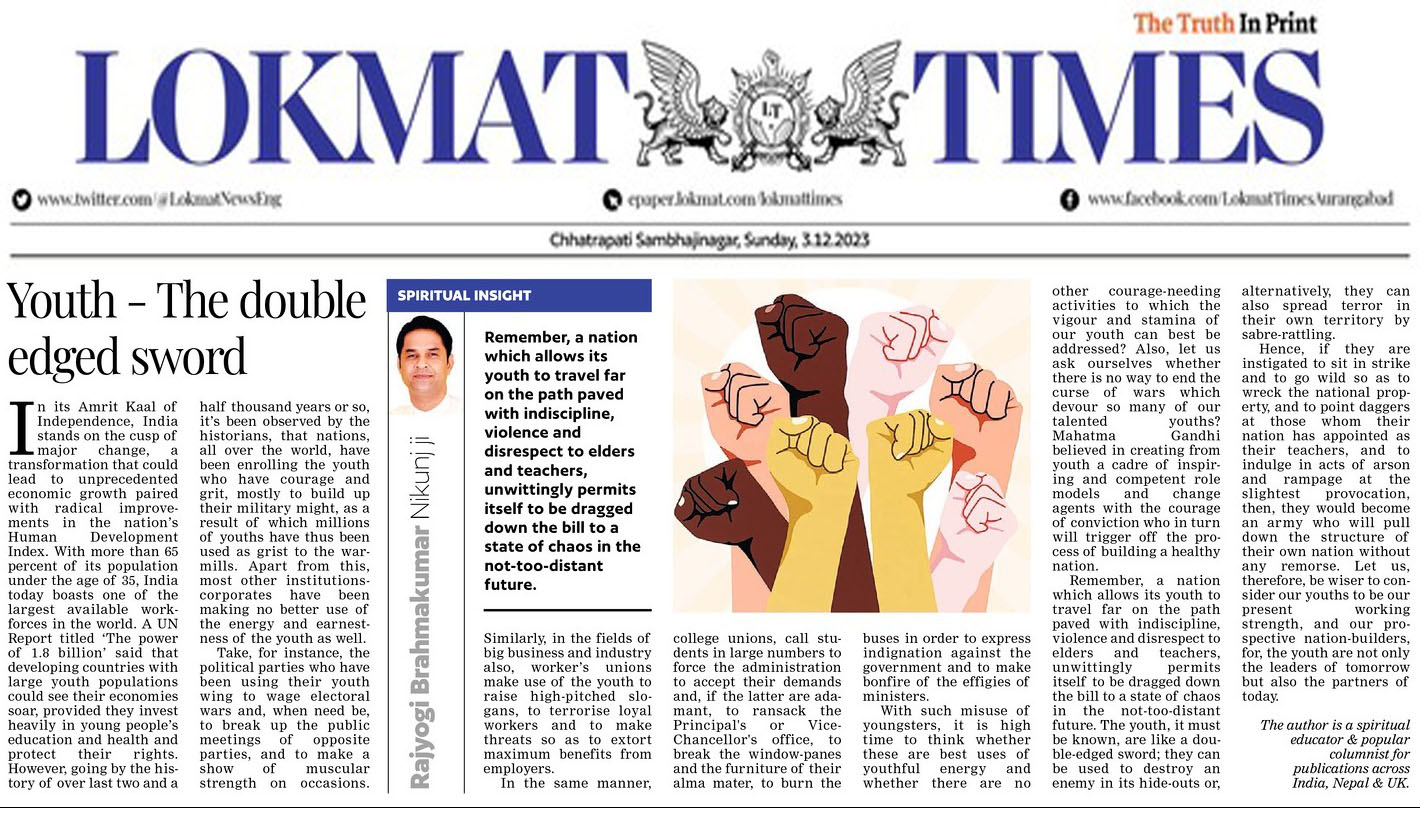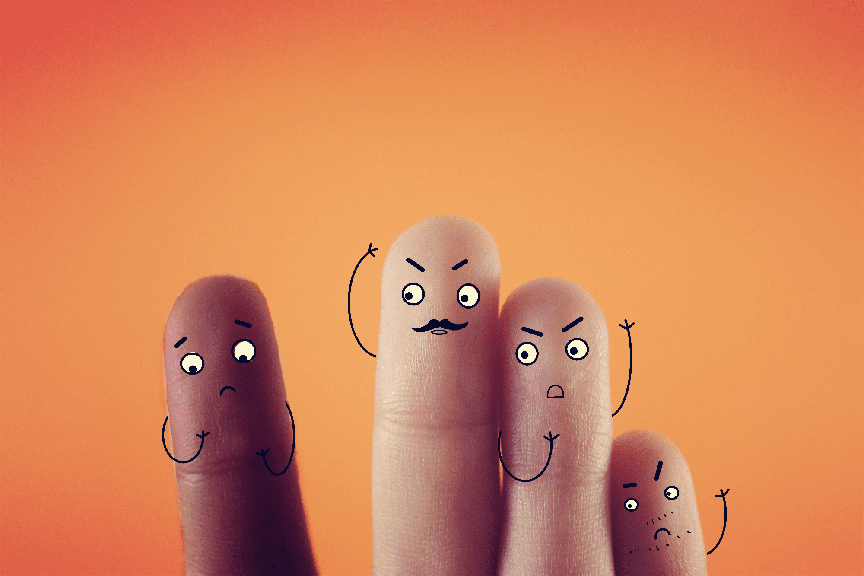
The indian caste system is historically one of the main dimensions where people in India are socially differentiated through class, religion, region, tribe, gender, and language. Although this or other forms of differentiation exist in all human societies, it becomes a problem when one or more of these dimensions overlap each other and become the sole basis of systematic ranking and unequal access to valued resources like wealth, income, power and prestige. The phrase “Without any discrimination, based on race, colour, caste, creed, sex and religious belief” is now commonly used when such part of any Act, Article or Rule that puts emphasis on justice and equality is to be suitably worded. Thus, the phrase has been used in a number of Articles and clauses or sub-clauses in the Indian Constitution and also in other statutory laws. The Universal Declaration of Human Rights, adopted by the U.N. General Assembly in 1948 also has used this phrase with addition of words like property, birth, national origin and distinction of any kind. However, article-2 of the Declaration, which has this phrase, does not include the word ‘caste’ because caste system, as it is prevalent in India, is not prevalent in most other countries. But the aforesaid Article uses the words ‘social origin’ and also the word ‘birth’ and these words should jointly imply the distinction made on the ground of caste that is now-a-days based on birth and social origin.
There is no doubt, that the use of this or similarly worded phrases is the right thing done to meet the requirements of law and legislation that makes it mandatory for and obligatory on the citizens of a country or the world not to discriminate on the basis of anyone of these. The simple reason for this is that the discrimination results in inequality, based on extraneous factors, and also in injustice and disrespectful or inhuman treatment of some people and deprivation of certain classes. But, an important thing that seems to have been missed all along in this connection is that legal luminaries, social scientists and public have, perhaps, never applied any serious thought as to why distinctions based on race, colour, nationality, language, gender, etc., are sought to be set aside when these distinctions really exist and qualify or disqualify a person or certain worldly roles. Also, why is discrimination, based on anyone of these, considered as an obstacle to justice or road block to equality? Never have the legal experts who prepare the draft of a legislation, or the legislators who vote for or against a Bill introduced in the legislature, thought as to what, after all, is the real identity and nature of a person, divested of these distinctions of race, colour, nationality, sex and even of belief or creed.
The Universal Declaration of Human Rights says that “all human beings are endowed with reason and conscience” and it asks all “to act towards one another in a spirit of brotherhood”. This forms the very basis of the Declaration and has been numbered as Article 1. The Preamble to the Declaration says that “the people of the United Nations have, in the Charter, re-affirmed their faith in the dignity and the worth of the human person”. These three important truths, namely – that the human person has reason and conscience, that it has inherent worth and dignity and that the human beings should act towards one another in a spirit of brotherhood, together mean that the human person is a soul and a child of Supreme, for then only can human beings act towards one another as ‘brothers’ and then only do they have inherent worth and dignity. All human beings cannot be termed as ‘brothers’ on the basis of their physical relationships nor is their worth and dignity based on any physical consideration because the moral dimension is related to the non-physical soul. The soul has inherent dignity not because of any gross possessions but because it is a child of Supreme Almighty who is the most exalted and illumined One. The soul has worth also because it is the inheritor of HIS treasures. So, in a way, the Human Rights Declaration and all the Laws that declare justice an obligatory act of all human beings have a spiritual basis. Furthermore, the Law, whether it is international or national, asks us to discard all kinds of distinctions, based on race, colour, nationality, sex, social origin, property, language, birth, etc., because these are based on the body of a person and not on the person. This implicitly and explicitly means that the real human person is a soul in a human body. It makes distinction between body and soul and wants us to keep in mind the soul and forget his or her physical particulars while treating another person. Now this aspect of law has been forgotten in course of time and it has become a mere ritual or a formality to say that there should not be any discrimination, based on body. The present-day deterioration in moral values is because of this.
It should not be difficult to understand that there are certain laws that govern our mutual relationships or human behaviour in general. These are known as moral laws or ethical principles. Based on these, are certain norms, codes of conduct or rules and regulations to be followed in life in an organised society. If we follow these laws, the quality and quantity of happiness in our life is enhanced and if we violate these, then we have to face so many problems and disturbances. The observance of these moral norms is of great value if we wish to be happy with ourselves and wish to build a society which is free from friction in human relations and tensions in day-to-day life. These are, therefore, called values. Our present sorry state is the result of neglect or violation of those values. We have gradually lost the human aspect of our life and have become more or less like machines, as a result of which there is no spirit of friendship, fellow-feeling and love in our life.Our Knowledge of science, technology, communication skills, managerial skills, etc.. has not been able to bring inner happiness because our level of honesty, sincerity, cordiality, fellow-feeling, fair dealing duty, discipline and mutual trust are fast falling. In other words there has been rapid erosion of social, moral and family values. It is not that science and technology or management skills have caused our present sufferings. On the other hand, it is fall in the standards of morality that has prevented even science & technology and management or administrative ability also from giving us their full fruits. Moreover, it is not that people do not know that moral values are necessary to build a happy and peaceful society. People wish to have moral qualities in their life but they do not have that spiritual knowledge that should enable them to follow successfully these values in their life nor do they know that kind of Meditation which should make the values stay in them and should give them a deep experience of peace and happiness. Thus, need of the hour is that we create a mass awareness among people for values like tolerance,humility,mutual respect in order to realise our dream of a world where there is peace,happiness and harmony.
